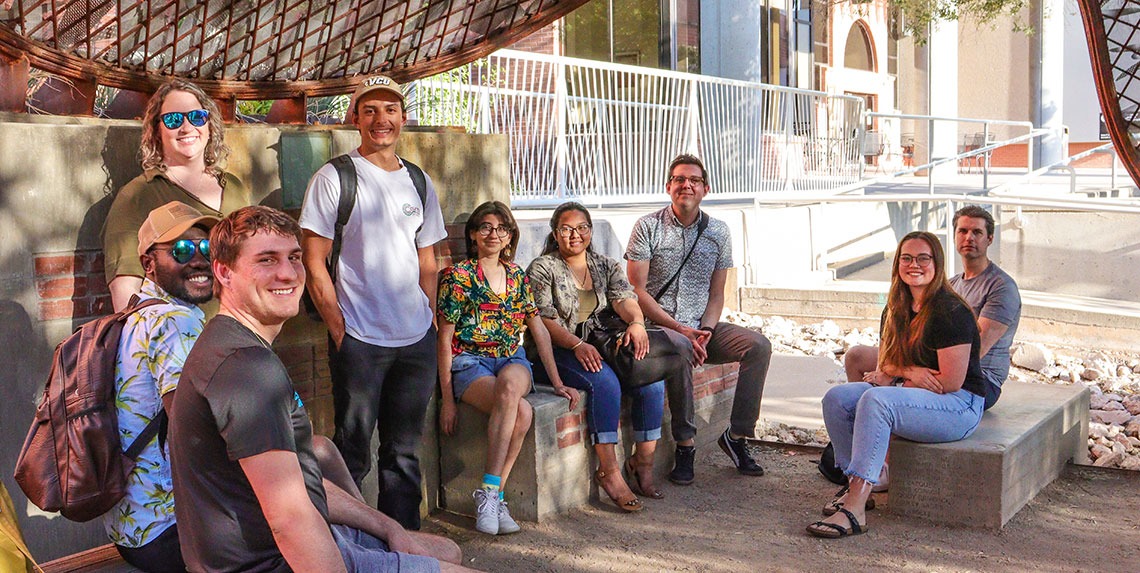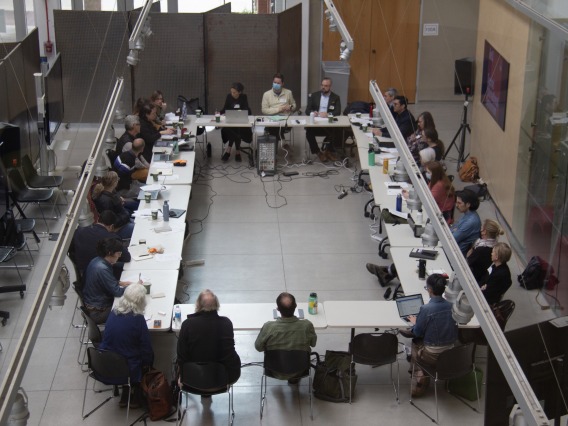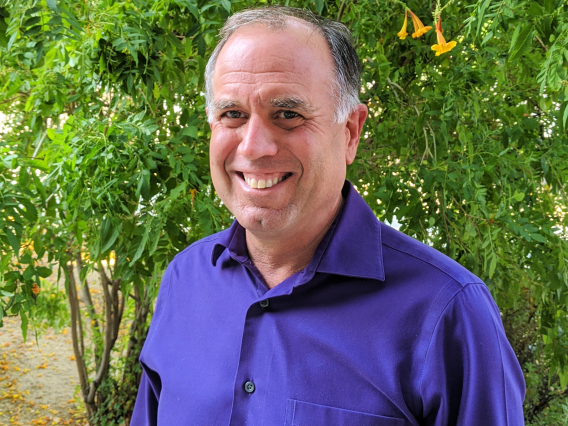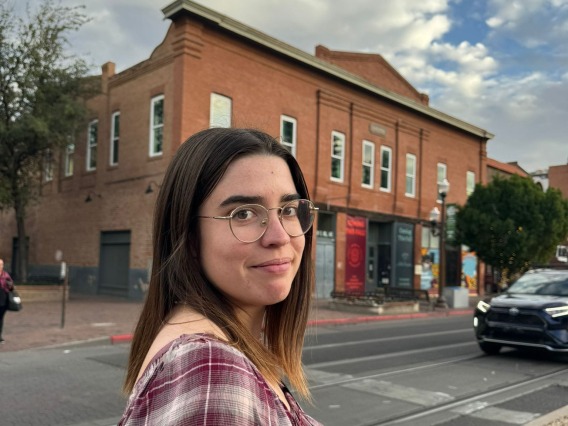Planetizen Names UArizona Master's in Urban Planning a Top Program

Master of Science in Urban Planning students with Arlie Adkins, associate professor of planning and chair of the MSUP program, before they head out for an after-class networking event with professional planners.
In its Guide to Graduate Urban Planning Programs, 7th Edition, Planetizen has ranked the University of Arizona’s Master of Science in Urban Planning (MSUP) as the nation’s #5 top public program without a Ph.D. (#9 overall).
UArizona’s two-year, Planning Accreditation Board-accredited MSUP prepares students for meaningful careers shaping a more resilient future for cities and communities, locally and across the globe. The dynamic degree provides students with hands-on, engaged learning experiences grounded in the diverse city of Tucson, the surrounding Sonoran Desert and the broader border region of the Southwestern United States.
“Well-planned cities and regions are the key to confronting many of the critical environmental, economic and social challenges facing the world today,” says Arlie Adkins, associate professor of urban planning and chair of the MSUP program. “As a small program in a large, public research university, students have an array of opportunities as they work with faculty, fellow students and professional planners on projects and research that make a real difference, locally and well beyond.”
The MSUP is also highlighted in the Guide as an institution offering several changemaking specializations, including Climate Action, Environment/Natural Resources/Energy, History/Preservation, Housing, Real Estate Development, Regional Planning, Sustainability Planning, Technology/GIS, Transportation Planning and Urban Design.
The MSUP’s flexible and interdisciplinary curriculum provides students an opportunity to specialize in two of four emphasis areas—Heritage Conservation, Environmental Planning, Real Estate Development and Urban Transportation Planning—while also obtaining a strong foundation in core planning skills and professional development.
“We are pushing urban planning education, research and practice in new and exciting directions,” says Adkins. “Students from diverse background are at the heart of our award-winning and engaging work.”
The Guide to Graduate Urban Planning Programs, which was published in June 2023, offers the only comprehensive rankings of graduate urban planning programs, according to Planetizen. Their ranking criteria is comprised of the opinions of planning educators (20%), program characteristics (30%), faculty characteristics (30%) and student characteristics (30%), the latter three of which are predominantly quantitative, such as program acceptance rate and gender/ethnic diversity of faculty and students.
“The continuing objective of Planetizen in publishing the Guide is to provide information that prospective students have told us is important to them when evaluating various programs of study,” says Diana Ionescu, Planetizen editor.
“The Master of Science in Urban Planning at the College of Architecture, Planning and Landscape Architecture is a robust, rigorous program that prepares students for dynamic careers in urban and regional planning in the face of climate change, growing urban populations and challenges to social equity,” says CAPLA Dean Nancy Pollock-Ellwand. “I am pleased to see that Planetizen and fellow educators recognize our unique size, location and expertise in preparing students to create a more equitable and sustainable future.”
Learn more about the UArizona Master of Science in Urban Planning at capla.arizona.edu/msup.



